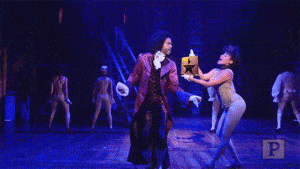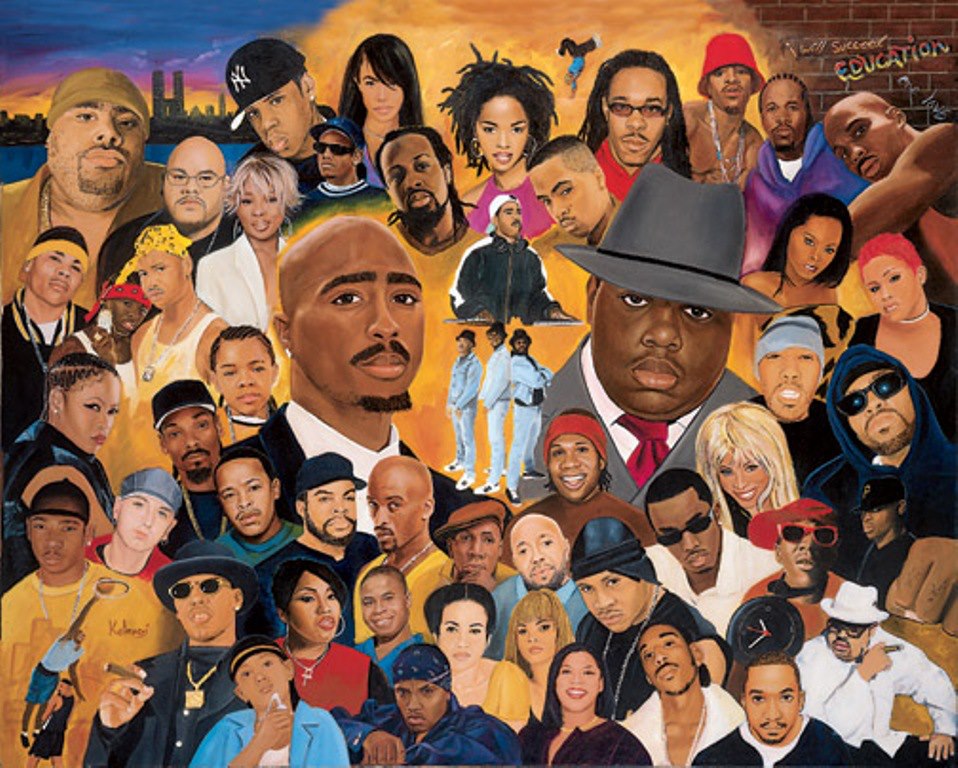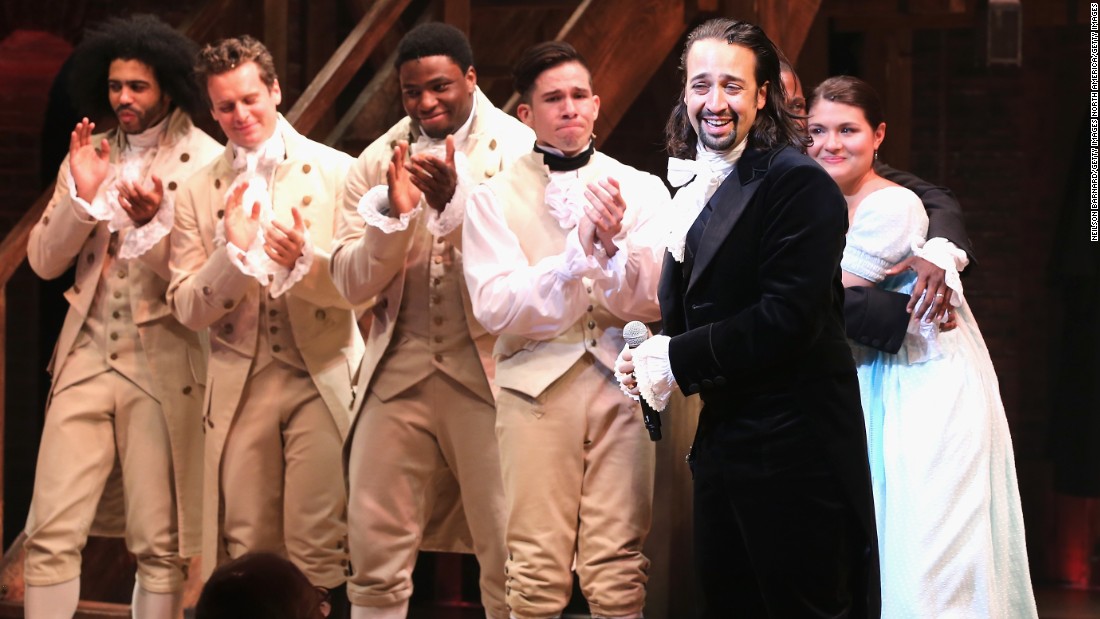By: Zac Frederick

For this blog I’ve decided to take a closer look at each King George’s three songs “You’ll Be Back,” “What Comes Next?” and “I Know Him” and how each, though sung to the same tune, conveys a different meaning overall.
In “You’ll Be Back,” King George offers the colonists the message that their little rebellion will fail, and warns them in an emotional manner not to betray his love for them. While initially a seemingly romantic account of their relationship, he contrasts this notion both in the song and in reality by “send[ing] a fully armed battalion” to remind the colonists of his love. How beautiful.
“What Comes Next?” gives King George the opportunity to berate the Americans once again by telling them that they will fail a second time. This song depicts yet another emotional response to the situation across the pond, as he spats “You’re on your own / Awesome. Wow” and allows George to retain his position of power, as he is assured that the new country is destined to fail.
“I Know Him” depicts a shift in both the message and position of King George. No longer is George in any position to criticize with the upper hand, as he becomes the weaker party “perplexed” by how Washington is simply going to step down. Of course, he still believes that the Americans are destined to fail, but it is worth arguing that his credibility as an evaluator of the situation is in a way completely irrelevant. Any rational arguments he had in the first two songs have been reduced to bitter bickering from a behind the times king who himself admits that he “wasn’t aware that was something a person could do.” His relevancy and grip on the Americas – be that through military might or fear of failure – no longer exists and thus his necessity, even as a narrator, becomes nonexistent.
Thus, it becomes necessary for King George’s departure, so as it happens in the play.










